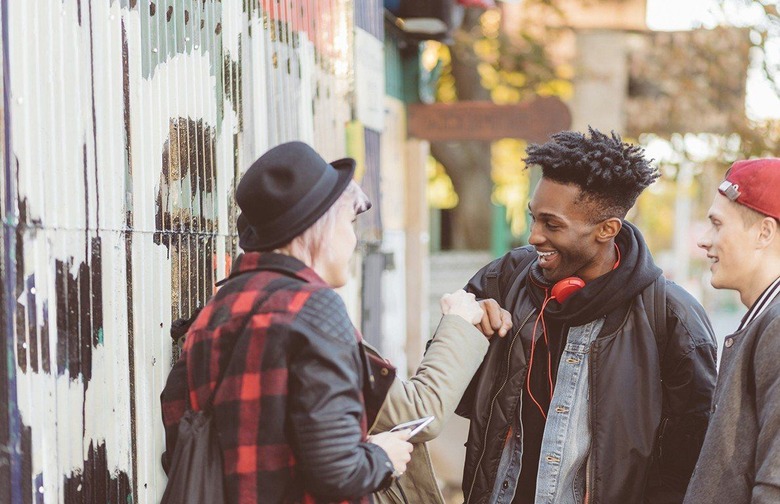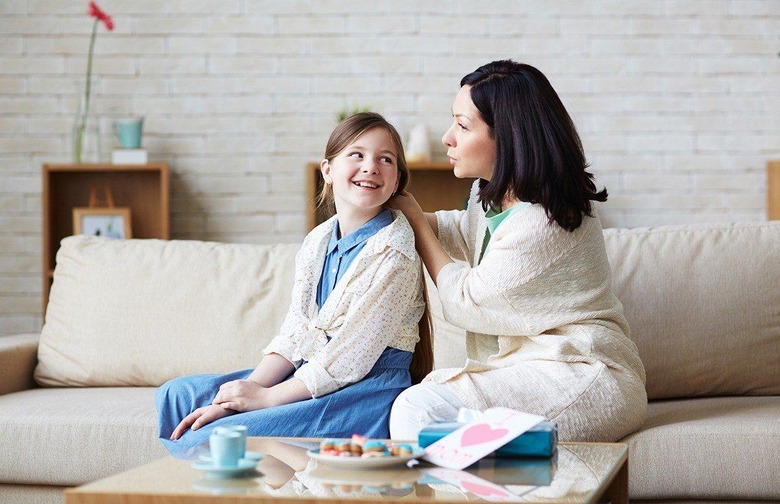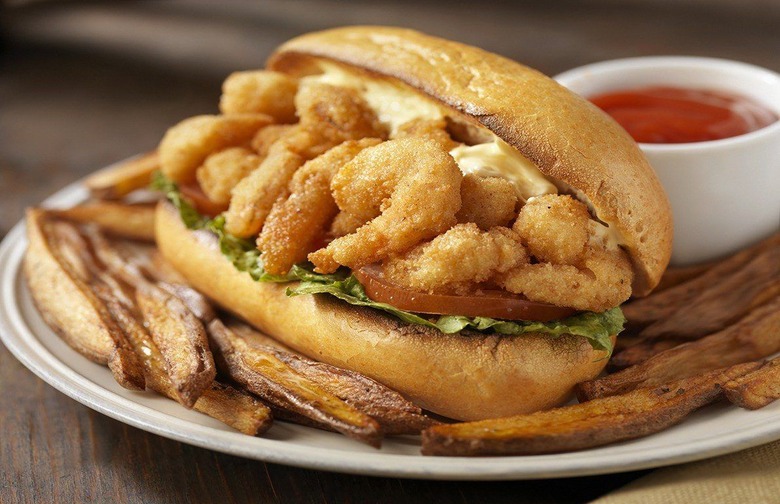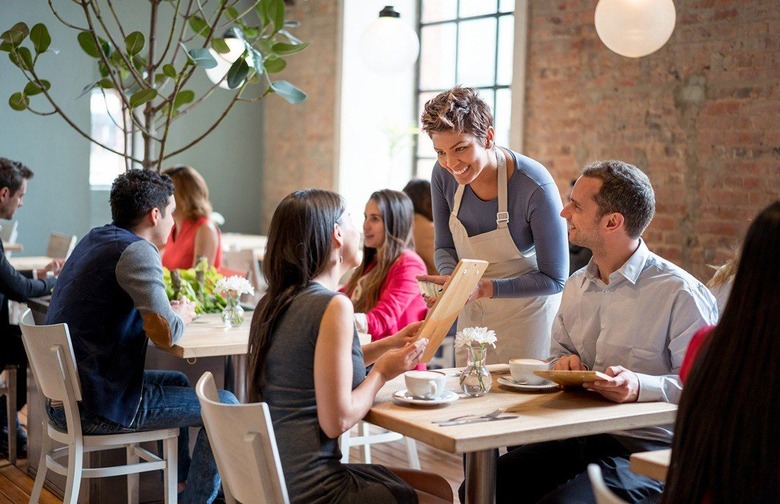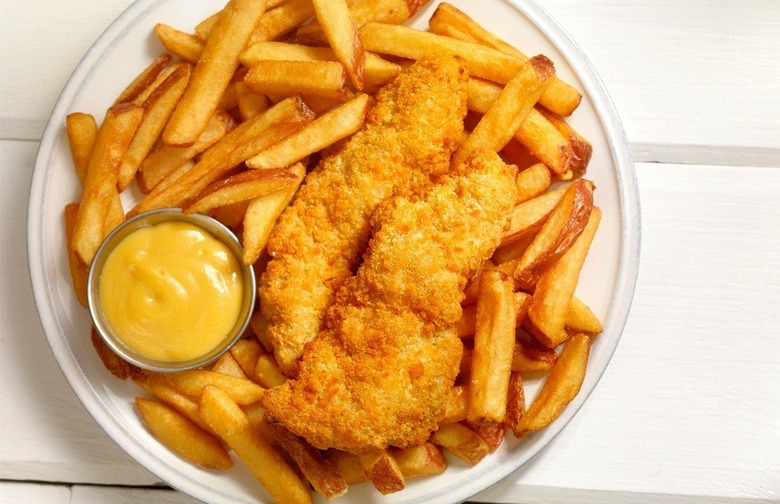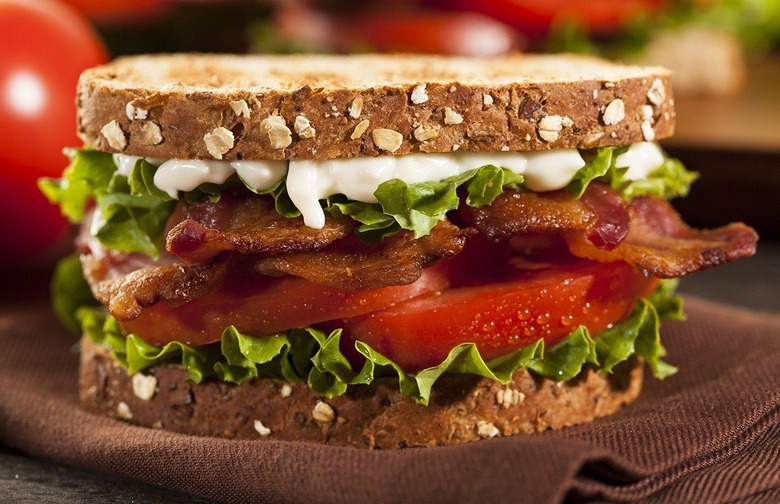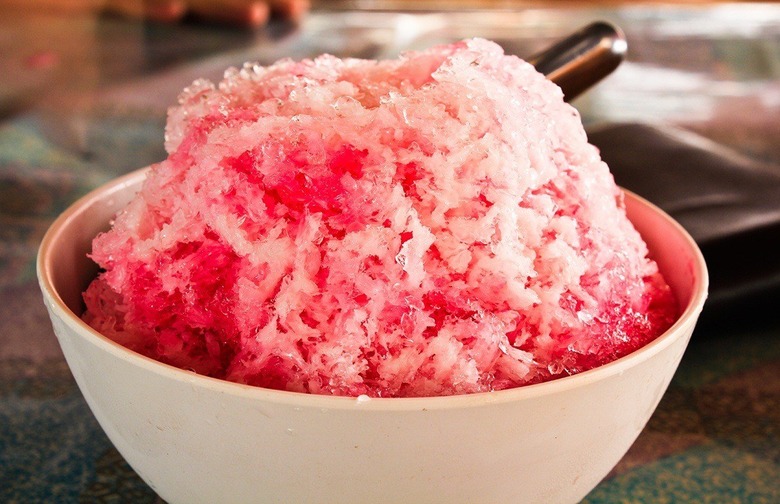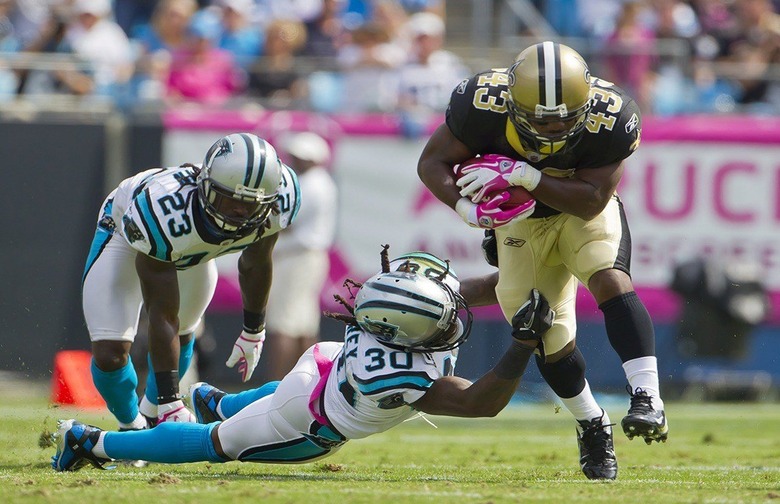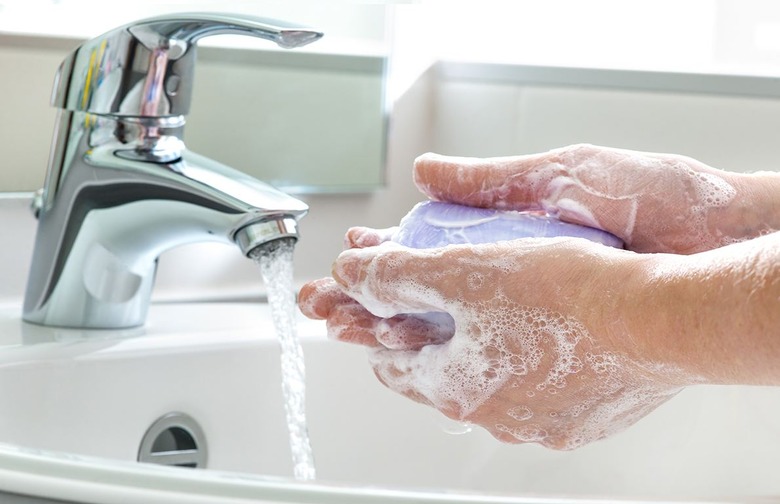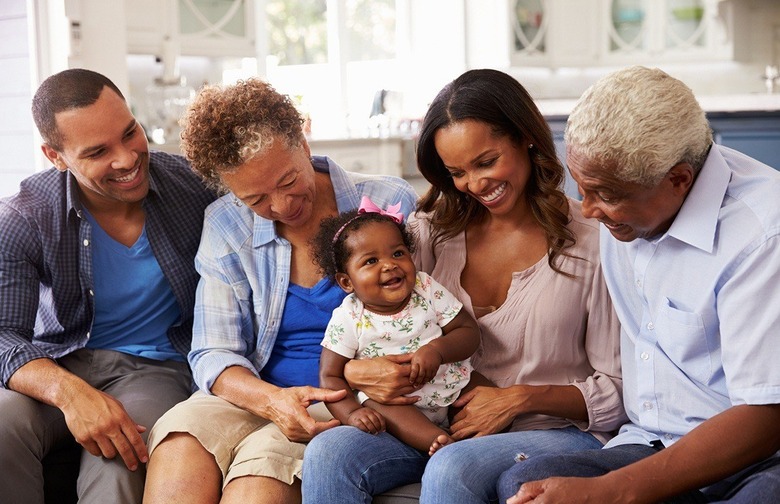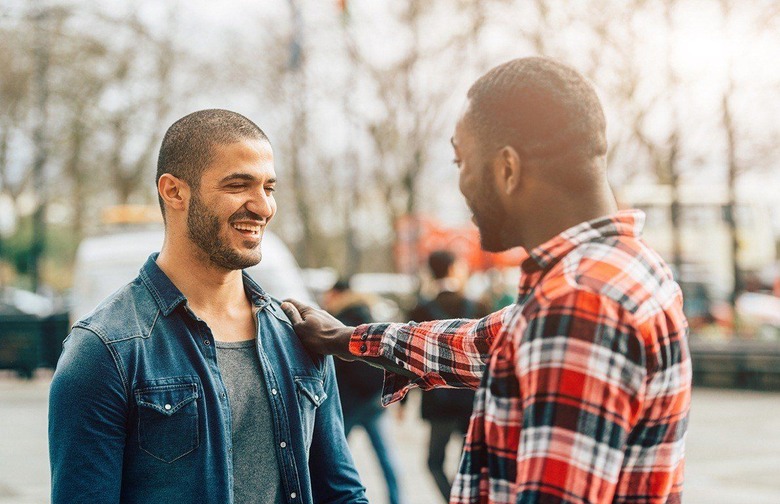Slideshow: 15 Things Only People From New Orleans Say
Beyond just the various slang terms used throughout the country, we've already discussed in previous stories how Southerners don't believe they have an accent (nor do people from the Midwest or New England), which makes understanding what they're saying that much harder. To complicate matters in Louisiana specifically, many New Orleans natives speak Creole French, so there are three things working against you while you're attempting to understand what is being said: a Southern accent (of course), local abbreviations and slang, and the mixture of English and French languages to create completely new words.
Awrite
"Awrite" is another common greeting in NOLA, but more universal than y'at. Someone will ask a friend "Where y'at?" but if you're passing by a stranger you'd say hello by just stating: "Awrite." It is a way of acknowledging the person you're passing without asking exactly how they're doing as you would with someone more familiar.
By My House
Instead of saying you're home or that you left something at home, people from New Orleans will say it's "by my house." For instance "I left my phone by my house" really means "I left my phone at home."
Cher
You'll hear this as an endearing nickname for close friends and loved ones. No, it doesn't come from the renowned singer Cher, but from the affectionate French word cher. The word is used just as one might use "dear" or "sweetheart" in standard English.
Dodo
Dodo (pronounced dough-dough) is the term used for someone who has fallen asleep, usually in reference to children. It comes from the French word for sleep, which is dormir. So to "make dodo" is to fall asleep.
Dressed
This one doesn't mean you're physically dressed, but actually refers to the toppings on a po'boy. When you ask for it dressed, that means you want everything on it: lettuce, pickles, mayonnaise, and tomatoes.
“I’ll take me a —”
You'll hear this one most often when people are placing orders. For example you might be ordering and hear people at the table next to you say: "I'll take me a po'boy, dressed please."
Lagniappe
The word literally means to give a little something extra, or a bonus — and that's exactly how it is used in New Orleans. For instance, a baker's dozen would be a lagniappe because you get a little more than what you asked for.
Marraine/Parrain
If you know French then you probably know what the words marraine and parrain mean. For those who aren't fluent in the language, these words are used in reference to your godmother and godfather, respectively.
Mynez
In New Orleans, mayonnaise is pronounced mynez, an articulation unique to the area's Creole language.
Shotgun
In New Orleans, "shotgun" doesn't refer to shotgunning a beer, owning a gun, or calling dibs on the front seat of your friend's car. It is actually used to describe a type of home that is rectangular, has no hallways, and is very narrow.
Snowball
A snowball in New Orleans isn't what you think. There's no powdery white snow to collect and throw at your friends in Louisiana. So what is it? Well, what most people would probably recognize as a snow cone — simple shaved ice with flavored syrups — is referred to as a snowball in New Orleans.
Who Dat?
Any New Orleans Saints fan has likely heard this one before, since "Who dat?" is used as a celebratory chant. For instance, if the Saints score a touchdown, people will yell "Who dat?" as an abbreviation of the famous Saints chant: "Who dat? Who dat? Who dat say dey gonna beat dem Saints?"
Wrench
To wrench something is to wash it under running water. You'll hear "wrench" used instead of "wash" or "rinse" in phrases like "wrench your hands" or "wrench off the dishes."
Ya Mom’n’em
This phrase is used to describe your immediate family when asking how people are doing. For instance, "How are ya mom'n'em?" just means "How is your family?"
Y’at
You'll hear this one a lot, since it is the most common greeting around New Orleans. Usually posed as a question — "Where y'at?" — the phrase really means "Hi, how are you?" and not "Where are you?" as most outsiders might think.

